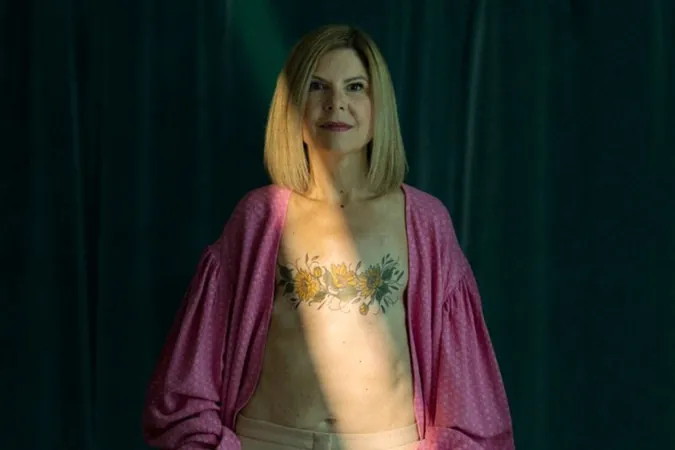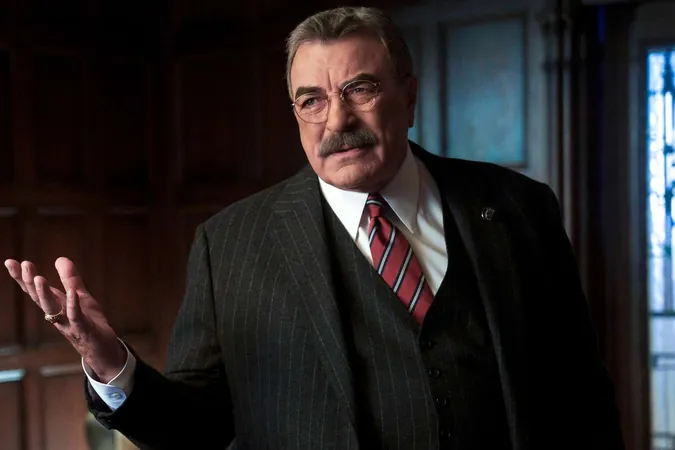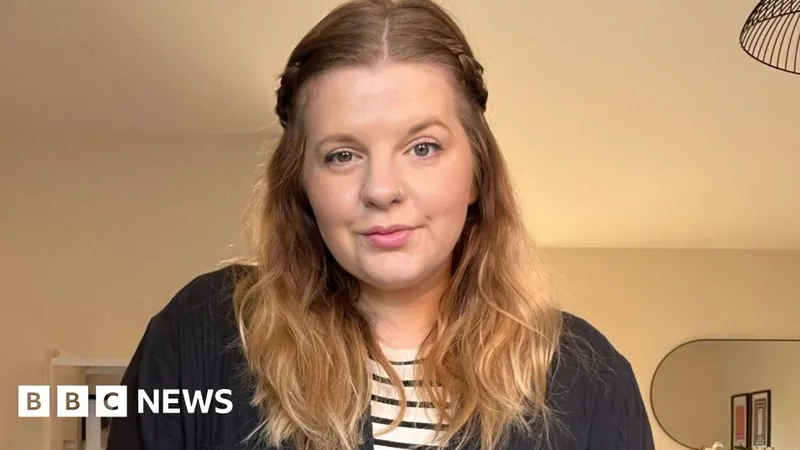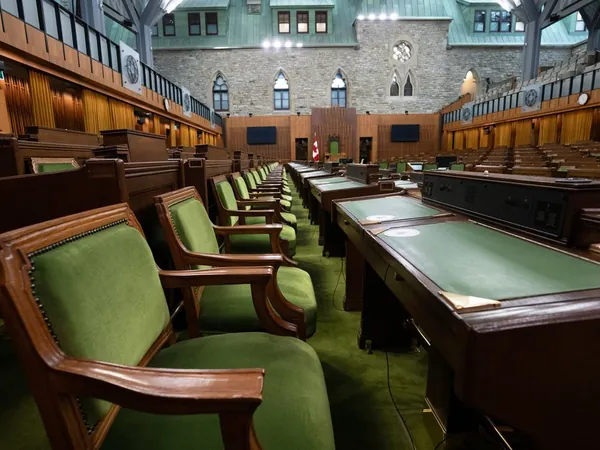
Weather Network Host Fights Stigma with Powerful Mastectomy Tattoo
2024-09-28
Weather Network Host Fights Stigma with Powerful Mastectomy Tattoo
You might have seen her striking image plastered on national commercials, city buses, and even a massive billboard at Toronto’s Yonge-Dundas Square. Kim MacDonald, a seasoned broadcaster with The Weather Network and a fierce advocate for breast cancer awareness, proudly displays her double mastectomy scar adorned with a beautiful sunflower tattoo.
In a moving keynote speech at the Northern Cancer Foundation's 26th annual Luncheon of Hope, held on September 24, MacDonald shared the heartfelt story behind her tattoo. The event, which has raised over $1.1 million for cancer care and research at the Shirley and Jim Fielding Northeast Cancer Centre, aimed to generate an additional $60,000 this year.
After undergoing a double mastectomy in 2017 due to an aggressive form of breast cancer, MacDonald chose to wait three years before considering any reconstructive surgery due to her oncologist's concerns about the potential return of her cancer. Deciding to stay flat felt right for her, leading to a transformative moment in 2022, the fifth anniversary of her surgery, when she opted to tattoo sunflowers over her scars.
“I wanted a tattoo of sunflowers, and so I got one,” she explained. “There’s a saying, ‘Be the sunflower, stand tall and follow the sun.’ That’s what I’ve been striving for since my diagnosis.” The sunflower tattoo gave MacDonald a sense of renewal, making her feel beautiful, strong, and empowered in her own skin.
Despite initial hesitation, MacDonald decided to participate in an advertising campaign showcasing her tattooed scars, aiming to present a positive image of what it means to be a breast cancer survivor. “I was scared. This was the most vulnerable thing I’ve ever done,” she admitted, but ultimately, her mission to normalize and celebrate bodies like hers prevailed.
MacDonald’s breast cancer journey began when she was diagnosed at the age of 48 with Stage 2b Invasive Ductal Carcinoma, HER2+. She knew something was wrong even before her diagnosis; her right breast had hardened, and there were visible changes that prompted her to seek medical advice. A tumor the size of a baseball necessitated chemotherapy to shrink it before surgery, successfully fully reducing the mass and preventing a recurrence despite the need for a double mastectomy.
Her battle with HER2+ breast cancer included additional treatments, such as Herceptin, a crucial medication that has been a game-changer in breast cancer treatment since its introduction in Canada in 2000. MacDonald credits this medication for her survival, acknowledging the high stakes involved in her treatment process.
She passionately advocates for early detection, underscoring the increasing accessibility of mammograms for women in their 40s in Ontario. “I want people to know that breast cancer can be curable if found early,” she said. “The difference between Stage 0 and Stage 4 is timing. Stage 0 has a 99% survival rate, while Stage 4 is 31%, although that number is improving thanks to ongoing research. Don’t ignore your health—ask questions and get screened.”
Although she has a platform as a broadcaster, she stresses that anyone can empower others by sharing their breast cancer stories, saying, “Survivors need to find their voice. It can help not just you but someone else who might be struggling.”
Reflecting on one of her toughest chemotherapy moments—lying bald and weak on the bathroom floor—MacDonald urged the audience to be brave during their dark times. “On your darkest days, when everything feels impossible, find your voice and don’t hesitate to speak up.”
During the Luncheon of Hope, Dr. Abhenil Mittal, a medical oncologist from Sudbury, spoke on the impressive advancements in breast cancer research over the years. “Overall mortality from breast cancer has significantly declined by more than 50% since the 1990s,” he noted. “Today, 90% of women diagnosed with breast cancer live more than five years, thanks to collaborative research and generous contributions from people like you.”
As MacDonald continues to inspire others through her resilience and advocacy, her story serves as a powerful reminder of the strength within the struggle and the importance of community support in the fight against breast cancer.









 Brasil (PT)
Brasil (PT)
 Canada (EN)
Canada (EN)
 Chile (ES)
Chile (ES)
 España (ES)
España (ES)
 France (FR)
France (FR)
 Hong Kong (EN)
Hong Kong (EN)
 Italia (IT)
Italia (IT)
 日本 (JA)
日本 (JA)
 Magyarország (HU)
Magyarország (HU)
 Norge (NO)
Norge (NO)
 Polska (PL)
Polska (PL)
 Schweiz (DE)
Schweiz (DE)
 Singapore (EN)
Singapore (EN)
 Sverige (SV)
Sverige (SV)
 Suomi (FI)
Suomi (FI)
 Türkiye (TR)
Türkiye (TR)